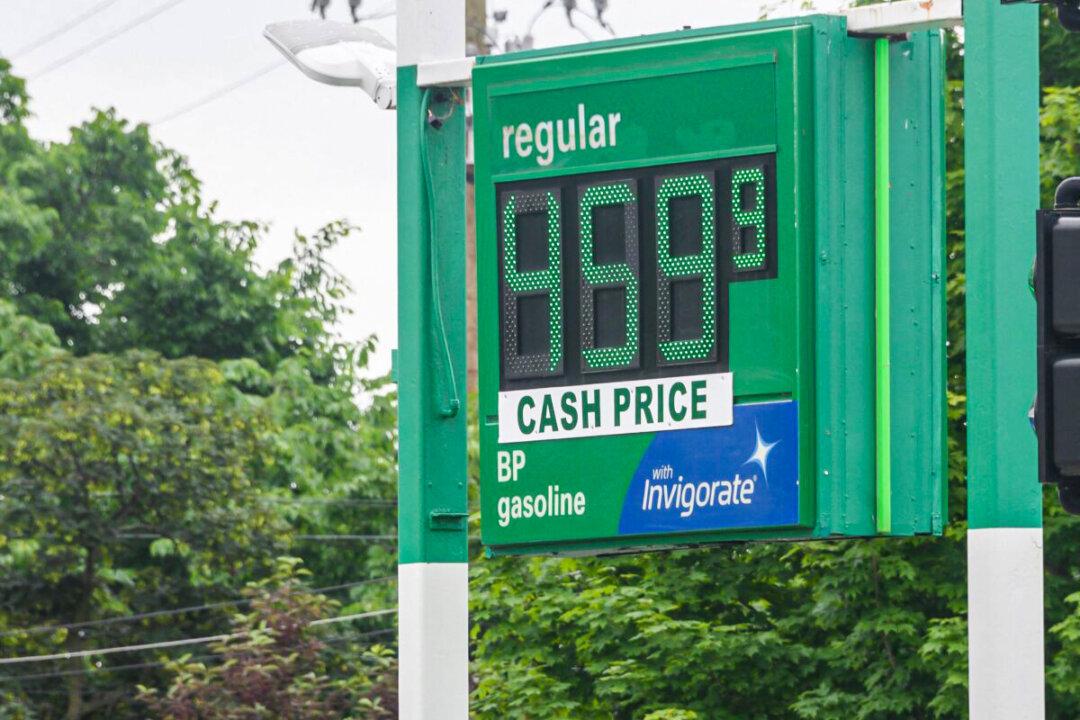America’s average gas prices have risen for the seventh straight week, and are heading towards $5 per gallon, according to Patrick De Haan, head of petroleum analysis at GasBuddy.
The national average gas price was at $4.85 per gallon according to GasBuddy data compiled from over 11 million individual price reports covering more than 15,000 gas stations. This is 56 cents up from a month back and $1.81 per gallon higher than a year ago.





